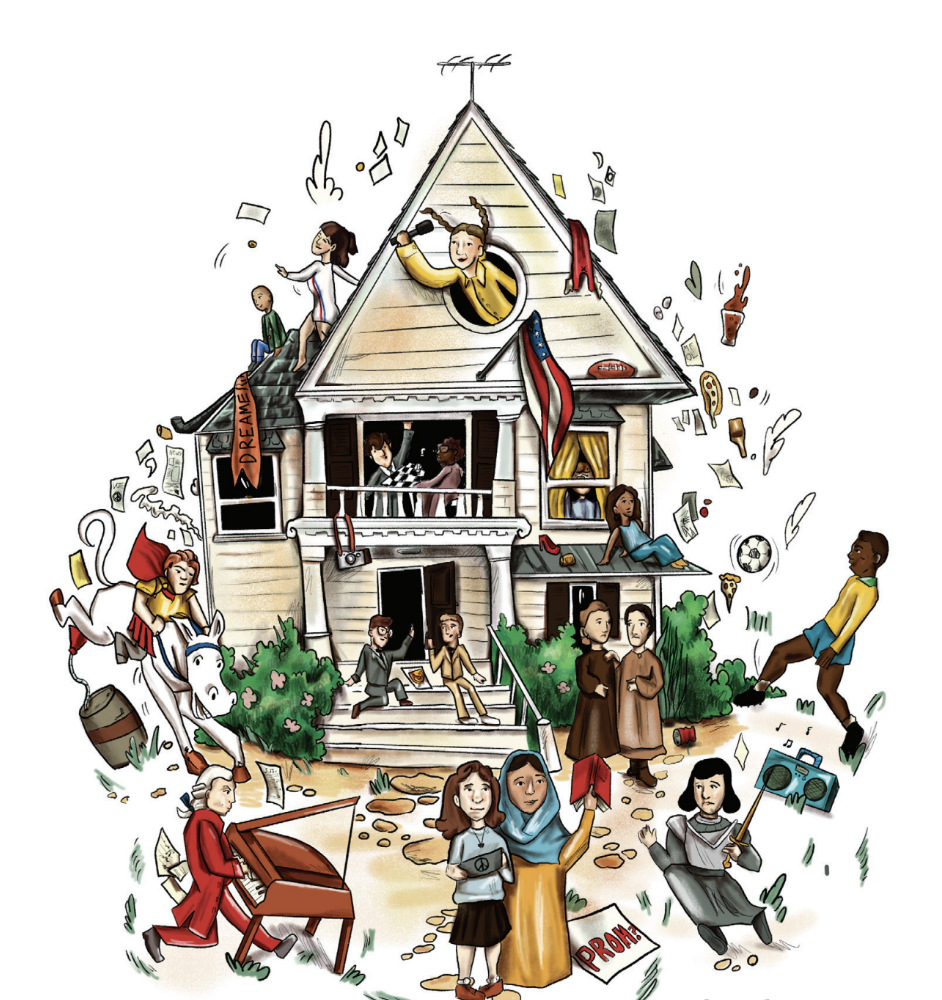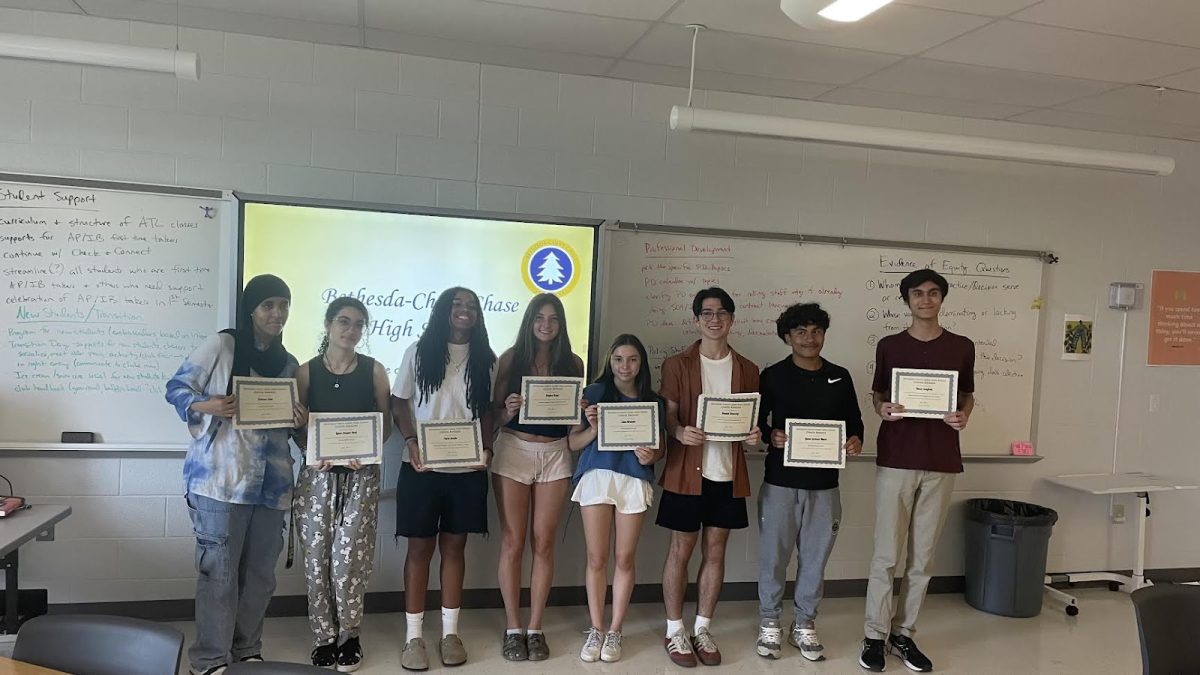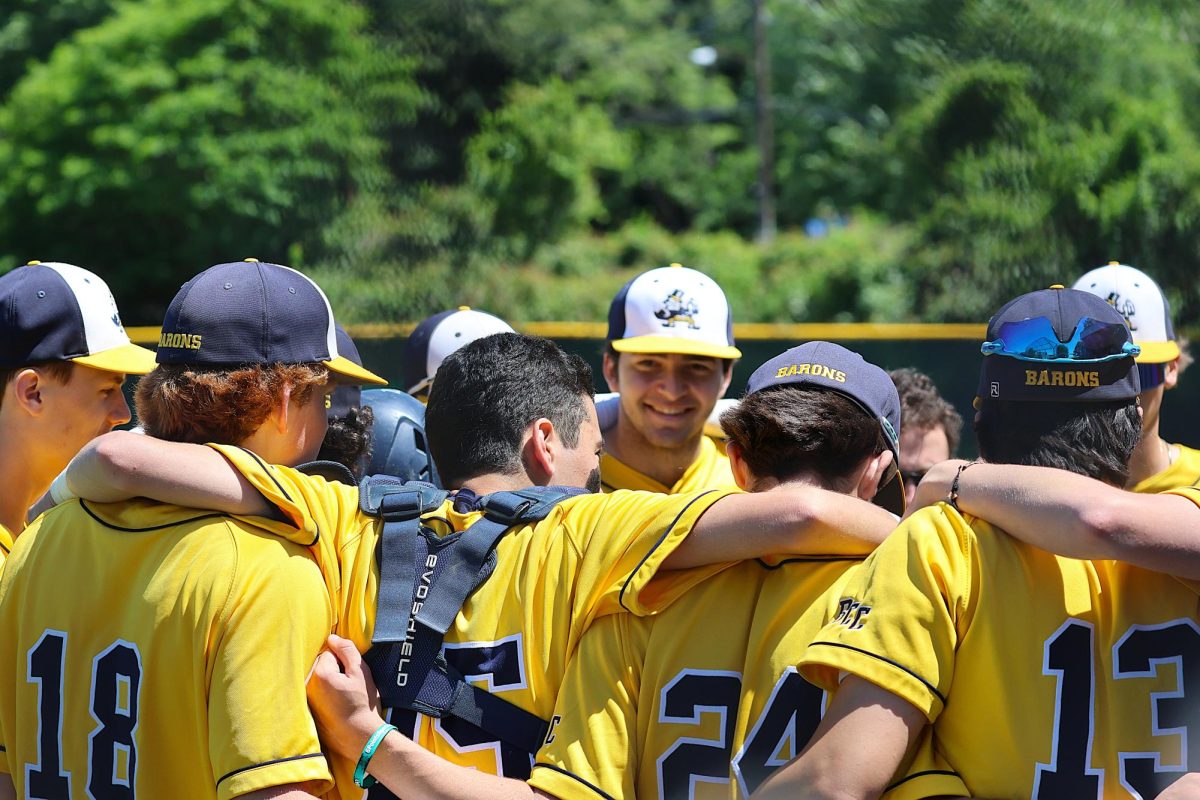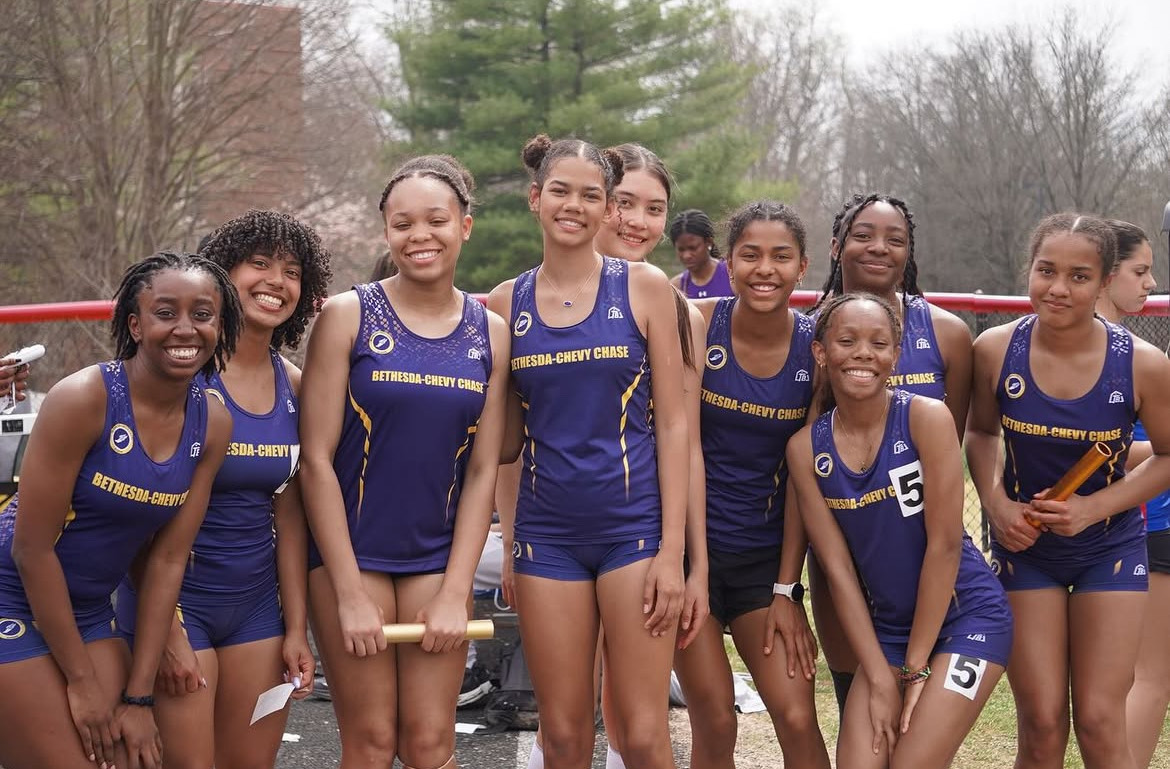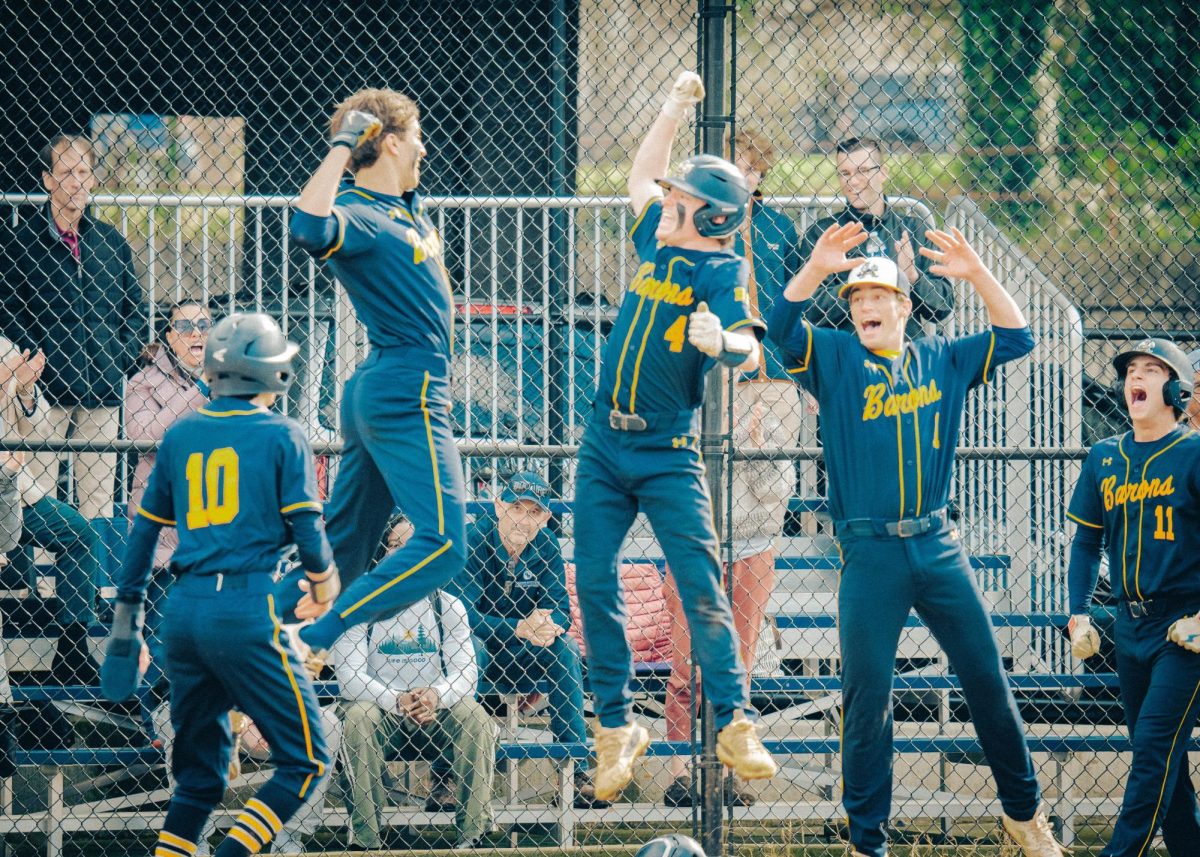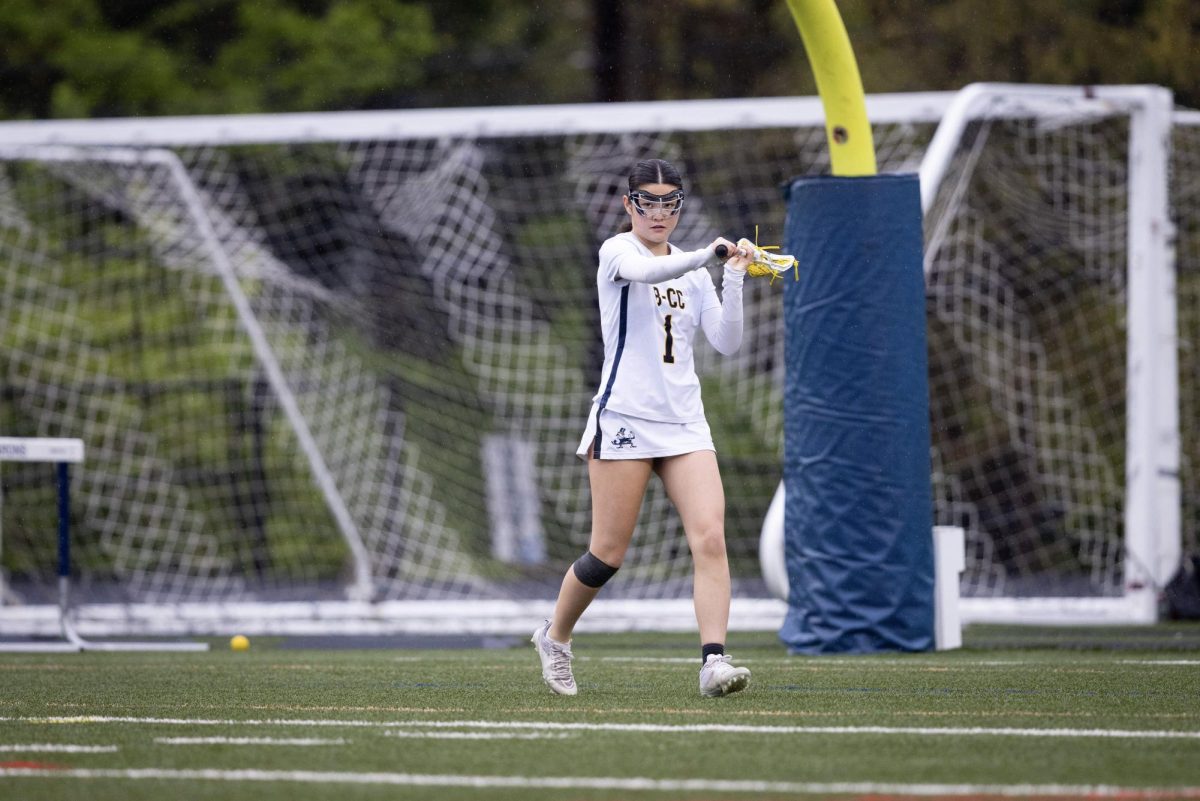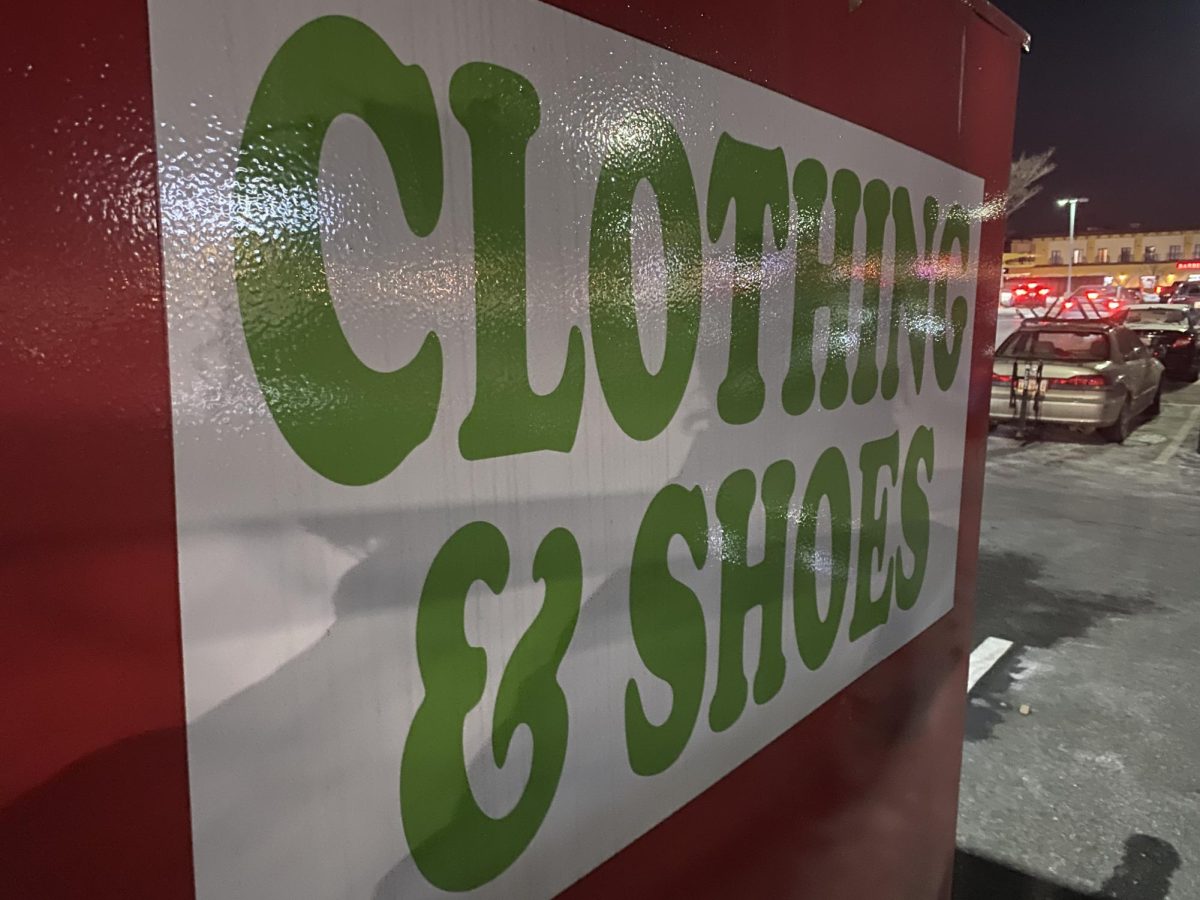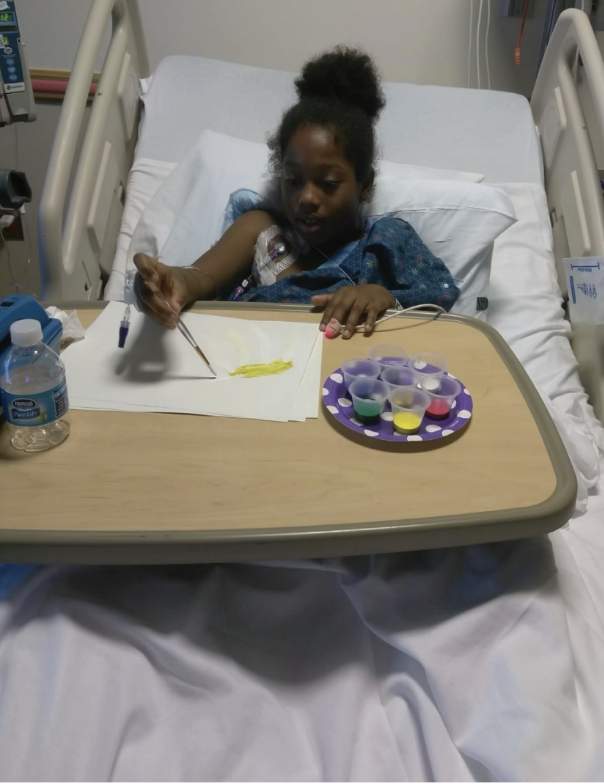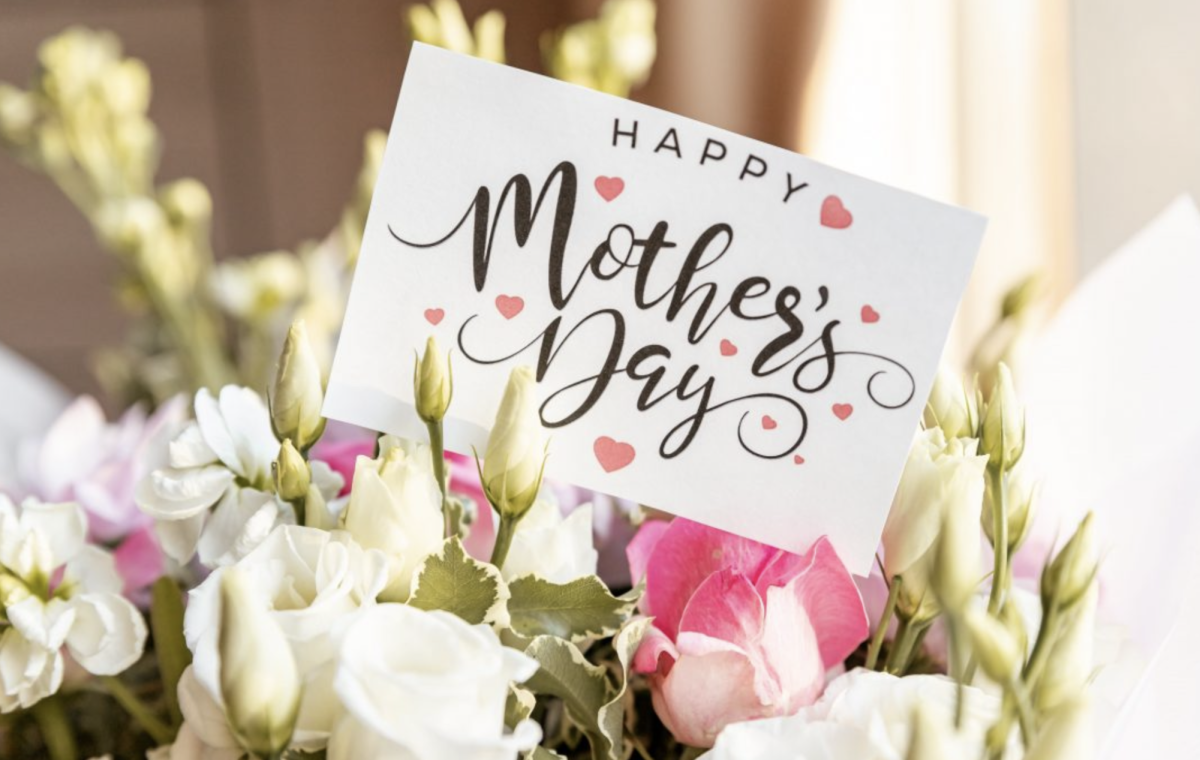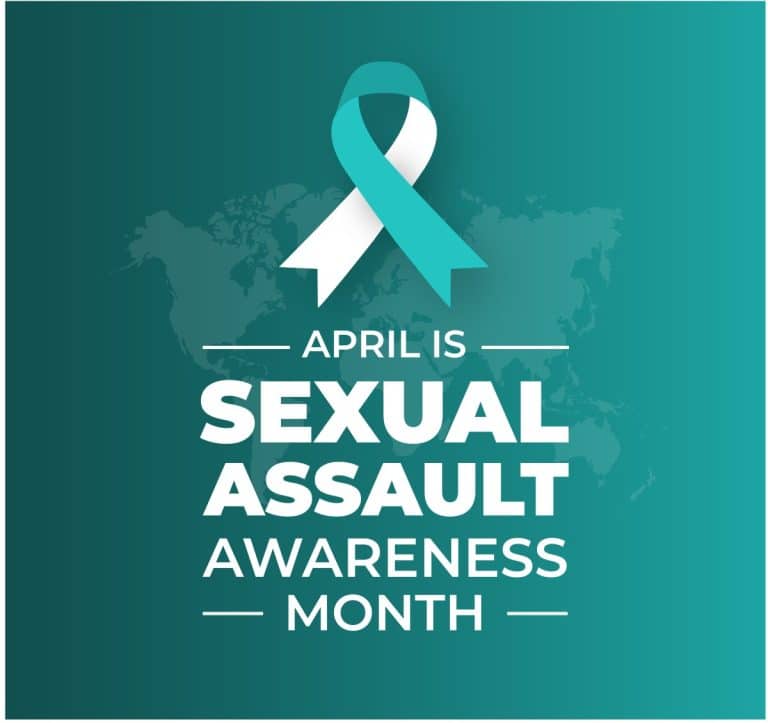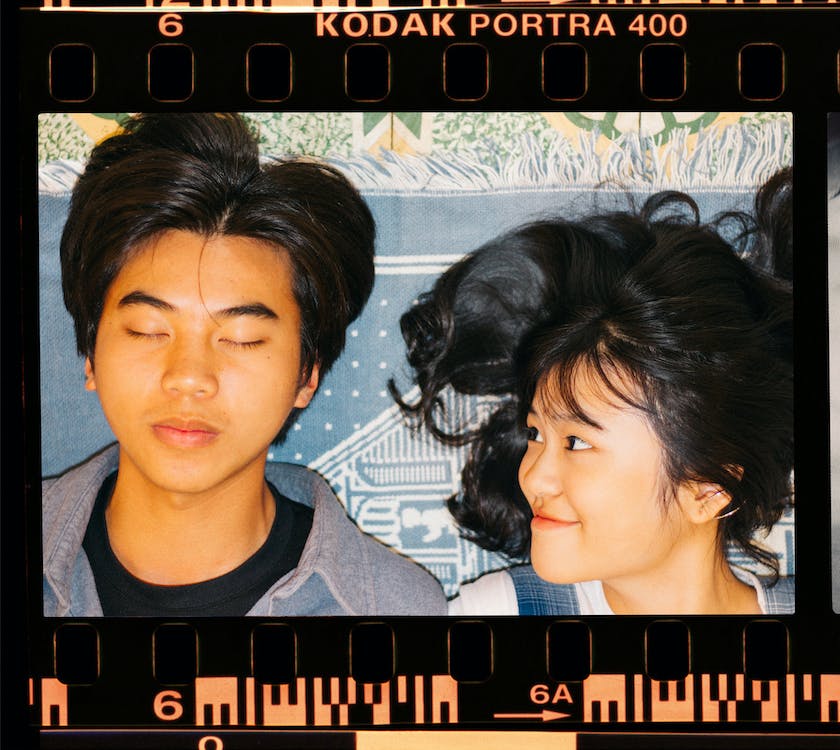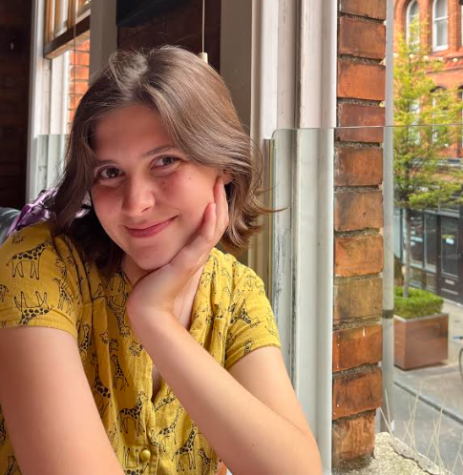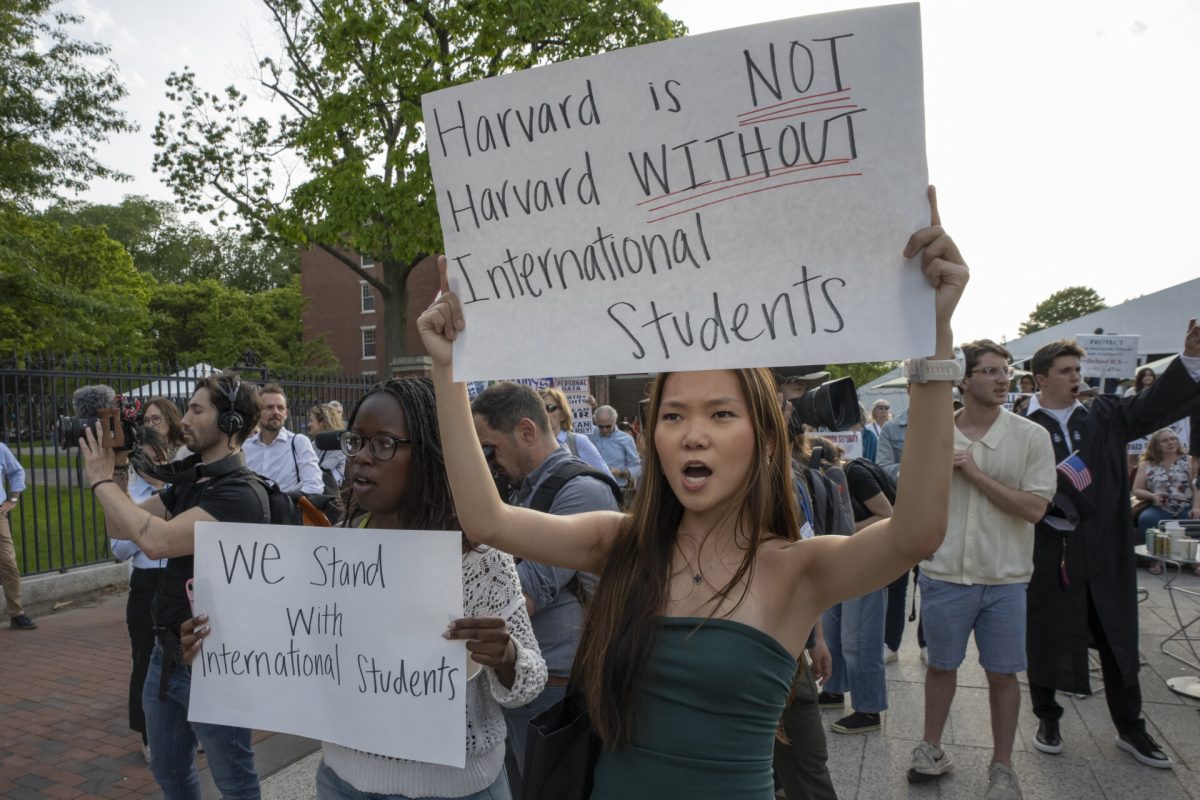Young Love: Is it Real?
Or is it just drama and lust?
November 4, 2022
Whether it’s in discussions among friends or media portrayals, high school relationships are paradoxically both dismissed and regarded as essential to the teenage experience.
As trivial and ill-fated as these hallway crushes and prom dates might be, they can be key to better understanding ourselves as we discover how we want to reciprocate and receive love. Though relationships aren’t the only path for self-discovery and growth, “organically, [they] just help you know how you want to be treated,” says B-CC counselor Mr. DeMunter. Even as students remain in unhealthy relationships that family or friends are unaware of, they eventually learn valuable lessons about setting boundaries and communication; good foundations for long term relationships later on.
However, unhealthy relationships are certainly not necessary to learn the same emotional lessons, and the tension in these relationships are usually well hidden by the emotions behind them.
“I think a lot of people value dating as a concept more than they practically value their partner,” says junior Luna Nash. In his eyes, crushes can be viewed more as “love interests” and not people, but “it should be that you meet someone and realize that you’re the person I want to be in a relationship with, not that I want just any relationship I can get.”
Can teenagers really be blamed for this?
“Passion is not something teenagers have a lack of,” says junior Holly Kane. The lack of foresight on boundaries, communication, and other qualities of a healthy relationship is something easily overshadowed by a crush or the thrill of being liked in that special way. However, in an environment where it’s normalized to enter a relationship and break up in a few months or even weeks, “it’s hard to grasp that there might be a larger scope than the short term,” Holly states.
There’s still something thrilling about the idea of relationships, of being liked in a way set apart from your friends in a stage in life where insecurities are rampant. Exceptionally so when relationships always weasel their way into the plot of every coming of age book or movie, and every Thanksgiving dinner conversation with extended relatives.
Senior Sophie Morse believes our generation “had to grow up really fast, isolated from everyone else, and our emotional maturity is going to reflect that.” Teenagers are scrutinized for being immature, yet expected to act older. It’s unsurprising we try to take refuge how we can with others our age, with people who love all our quirks that are still labeled as childish, and fears that supposedly are unimportant.
High school relationships can be characteristically big, dramatic, and dreadfully short lived. Yet, some of my favorite things about being in over a year-long relationship have been tucked into the small parts; feeding her cats while she was away in Maine (even though I am quite allergic), or just sitting with her beside me after a time of stress. Unassuming affection, not tainted by a future without each other, but a present where we are happy to exist in our feelings now, no matter how hormonal or premature.



